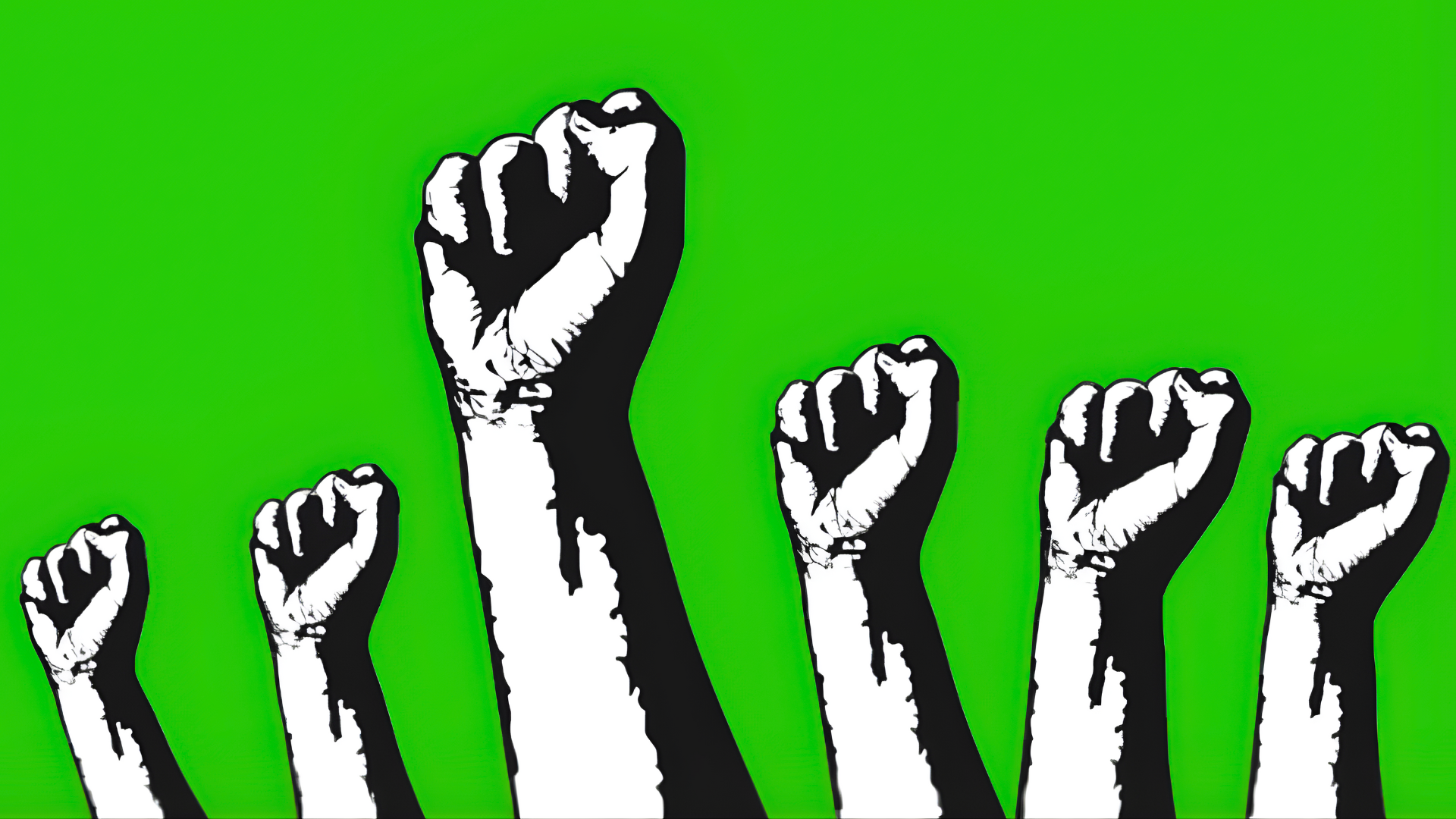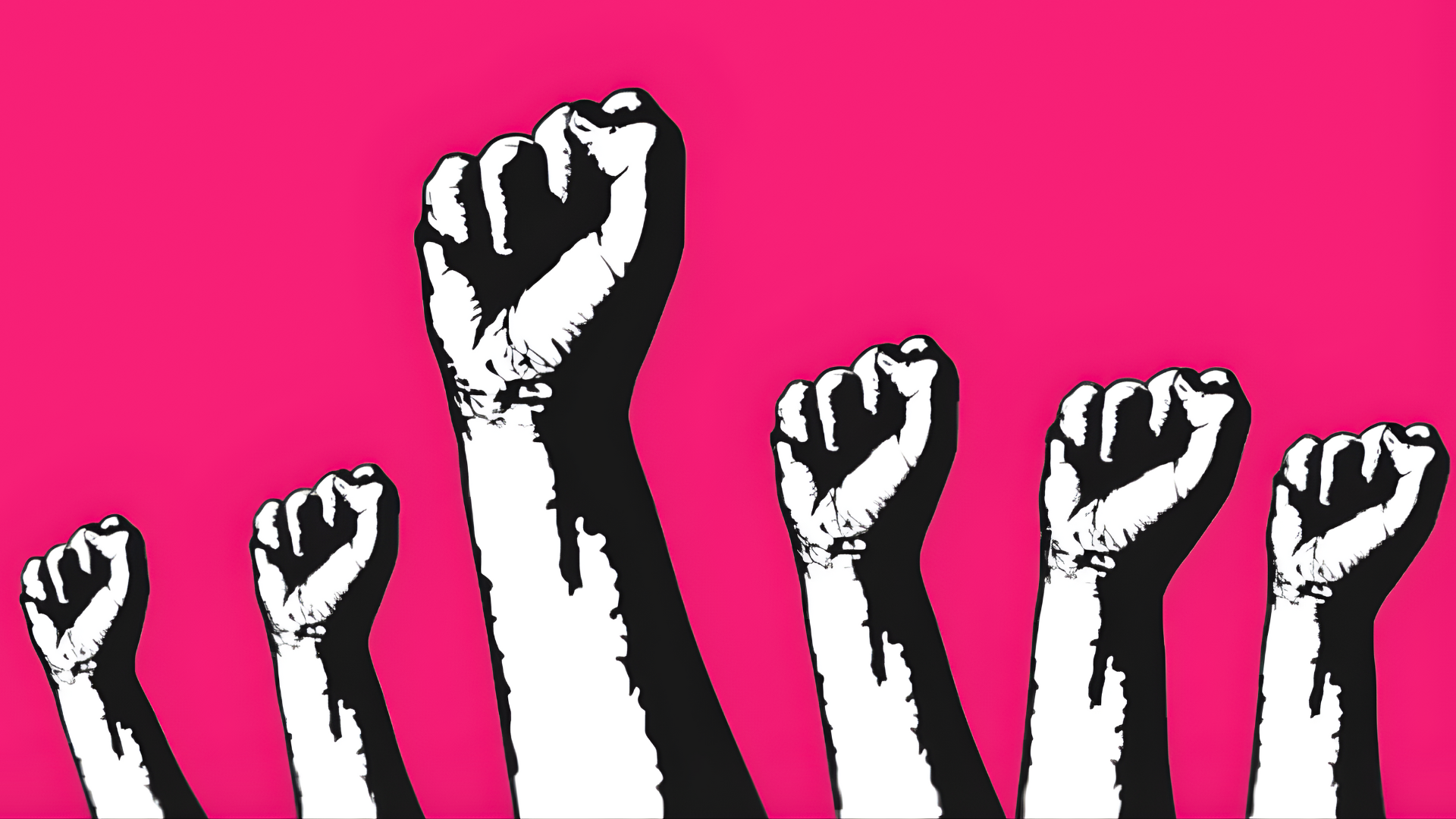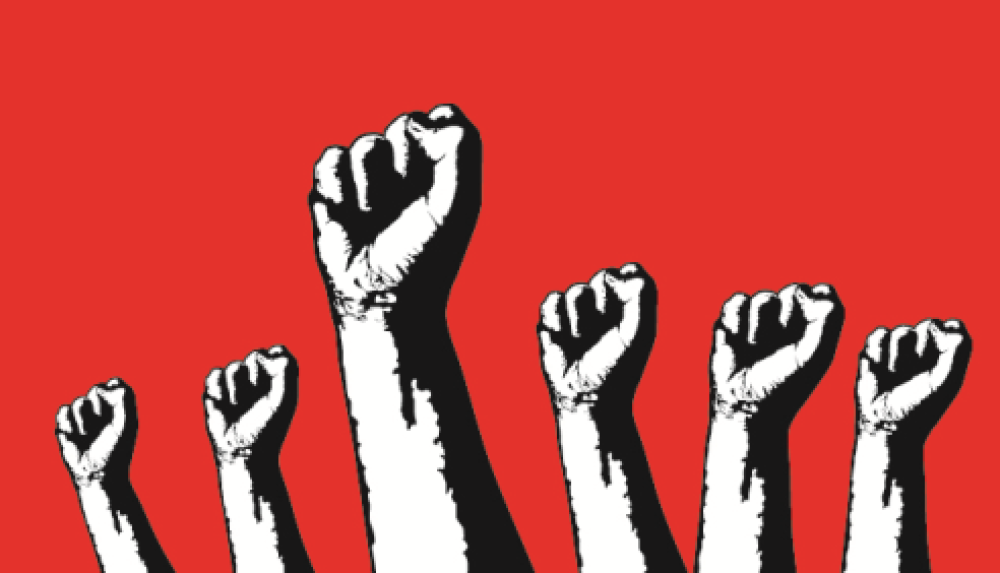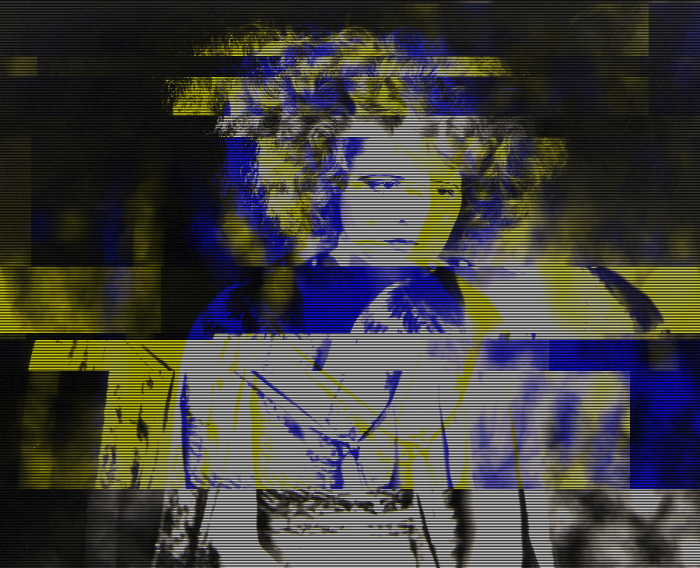Most research is built to smooth things out.
It averages opinions, simplifies complexity and forces people into neat, logical answers. But real life doesn’t work like that, however hard the powers that be try!
People contradict themselves all the time. They hold two opposing beliefs at once. They love something and hate it. They want change but fear it. They say one thing today and something completely different next week.
So what if confusion and contradiction aren’t problems to fix but the most valuable insights we have?
- What if instead of filtering contradictions out, we highlighted them as signs of deeper tensions?
- What if we designed research that let people answer both yes and no at the same time?
- What if we stopped forcing consistency and treated contradictions as signals that something really matters?
- What if research wasn’t about pinning people down to a single stance but about exploring where their thinking bends, breaks and reforms?
- What if contradiction wasn’t seen as noise but as the sharpest clue that a decision, belief or experience is emotionally charged?
- What if instead of treating contradiction as confusion, we saw it as clarity in disguise, evidence that something is in flux, evolving or unresolved?
- What if we stopped measuring how much people agree and started measuring how much they wrestle with an idea?
- What if the strongest insight wasn’t in what people say but in where they hesitate, backtrack or change their minds?
- What if the most valuable answer isn’t yes or no but “it depends”?
- What if contradiction was the research finding, not something to iron out of the data?
- What if research let people express two opposing views at once without asking them to resolve the tension?
- What if we stopped asking “What do you think?” and started asking “Where do you feel torn?”
- What if the real insight isn’t what people are sure about but what they keep changing their minds on?
- What if we measured not just opinions but how much doubt a person has about them?
- What if research let people change their answers halfway through just to see how it feels?
- What if we asked people to argue both for and against their own beliefs?
- What if research wasn’t about what people consciously think but what they subconsciously resist?
- What if the most revealing moment in research isn’t the answer but the pause before it?
- What if we let people answer emotionally first, then rationally later. Would their contradictions tell us something deeper?
Contradictions reveal where people are torn, where emotions run high, where decisions aren’t easy. That’s where the real insight is.
Would we finally uncover the messy, layered reality of how people think if we stopped trying to make everything fit into one clean answer?










